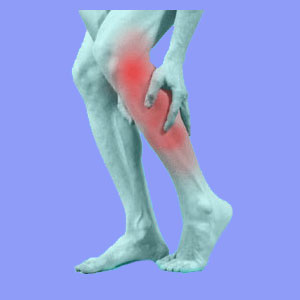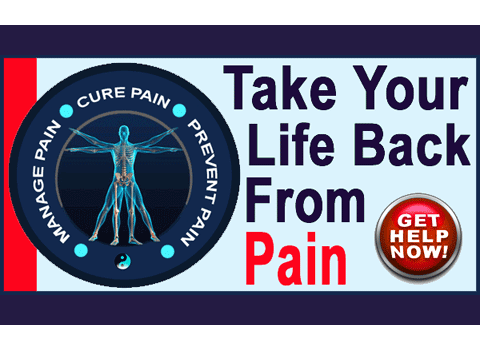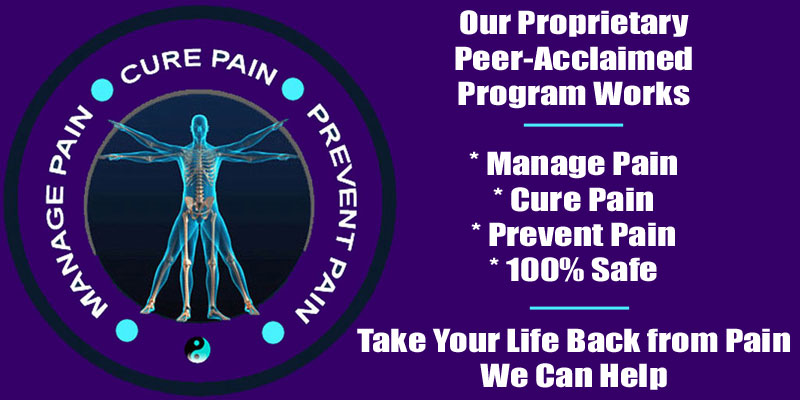
Learning to eat right for sciatica is a relatively easy and popular addition to a combined care approach to treating chronic back and leg pain syndromes. Dietetic change is prescribed for many sciatica patients by their doctors and chiropractors. While some dietary alteration might be enacted to curb symptoms, it is crucial to understand exactly what these changes are designed to do, in order to maximize their potential effectiveness. Remember that many dietary plans are more effective for preventing health issues than for treating them.
This discussion will help patients to better judge whether dietary changes may provide any benefits for sciatica.
Eat Right for Sciatica with Weight Loss
Losing weight is one way to battle sciatica, since added weight is often thought to create more pressure on the already sensitized lower back structures. Thinner, lighter patients will put less stress on their spine, as well as typically enjoy improved general health.
Fad diets are never advised, but a well balanced diet of whole foods and proper nutrition will surely help anyone achieve an improved constitution and minimize the substantial risks associated with being overweight, or worse yet, morbidly obese.
I personally encourage all patients who are interested in losing weight to pursue this goal with sparked enthusiasm. Speak to your physician to learn how to lose weight safely and enjoy better health for life.
Eating Healthily for Sciatica with Nutritional Supplements
Many patients take vitamins or minerals supplements, as well as utilizing compounds like glucosamine and chondroitin, to improve their chances of beating sciatica. Of course, it is crucial to receive the recommended daily intakes of all vital nutrients, but most people can achieve this goal without spending extra time, effort and money using specialized supplements.
Some substances might be helpful in decreasing spinal degeneration of the bones, while other substances might assist in preserving the intervertebral discs. Make sure to understand what your diagnosis means, so that you can find supplements geared towards your problematic condition. Once again, your doctor or certified nutritionist can be very helpful in designing a diet plan which will address any deficiencies you might be experiencing.
Just be wary of any care providers who are obviously trying to market you towards a particular diet plan, since financial motivations may be the true underlying reason for their prescription.
Eat Right for Sciatica Observations
Staying healthy is important, regardless of whether you have back pain due to sciatica or not. Every person should speak to their doctor regarding eating a healthy diet at every stage of life. Personally, many of my care providers recommended a variety of nutritional supplements to help me fight off my horrific sciatic nerve pain. I used G&C and several joint health formulas to no avail, as my pain got worse by the year. Eventually, I discovered why these substances did not help me, since my pain was not due to any structural deficiency.
I eat healthier than most people I have ever met. However, I recognize that my experience does not represent every patient, so be sure to talk to your doctor about using diet to help your sciatica pain.
Just remember, make sure to research every treatment on your own to provide yourself with an objective view of their potential to help you. Also, be especially cautious of accepting the dietary advice of any care provider who just happens to sell the very products they are recommending.





